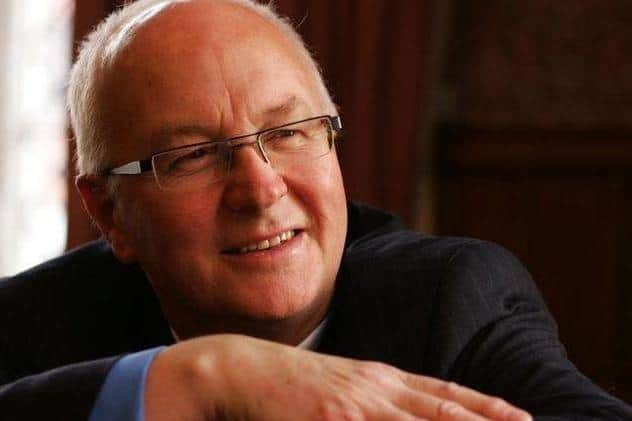Thought for the week: The attractions of the plough
and live on Freeview channel 276
When Boris Johnson was ousted as Prime Minister some months ago, he uttered, as was his wont, some memorable lines. ‘Like Cincinnatus’, he said, ‘I will return to my plough’.
But we now know that he was indeed able to resist the lure of another tilt at the top job.
Advertisement
Hide AdAdvertisement
Hide AdCincinnatus was a Roman hero almost five centuries before Christ. The Roman historian Livy portrayed him as a former political leader fallen on hard times, working four acres of land along the banks of the Tiber. When the young Roman republic was threatened by a neighbouring tribe, the leaders turned to Cincinnatus, offering him unlimited power as dictator if only he could rescue the Republic. He accepted the challenge, but when the danger passed, he did not cling to power, but returned to his agricultural labour.


After periods of high elation, or deep disappointment, the routines of daily work are an immensely grounding experience. After the crucifixion of Jesus, the disciples were despondent with the apparent crushing of all their hopes. Then there came the resurrection appearances of Easter morning, with the assurance that the Cross was not the end.
Jesus had told the disciples to return to Galilee, but where was He? They were in a state of limbo, but back in the old surroundings, Peter sees the boats, and smells the tang of the sea. All the associations of his former occupation reassert themselves, and he announces, ‘I’m going out to fish’ (John 21; 3).
It was while fishing that Peter heard Jesus call from the shore (vs 4), and on an instant, he jumped into the water to go to Christ (vs 7).
Advertisement
Hide AdAdvertisement
Hide AdIf we are ever tempted to resent our daily duty, let us bear in mind the words of Elton Trueblood, the American Quaker leader; ‘Our toil is all that we have to give, for all else is given us. It is by work that we leave the world different from what it would have been without us’.
The plough has its attractions.